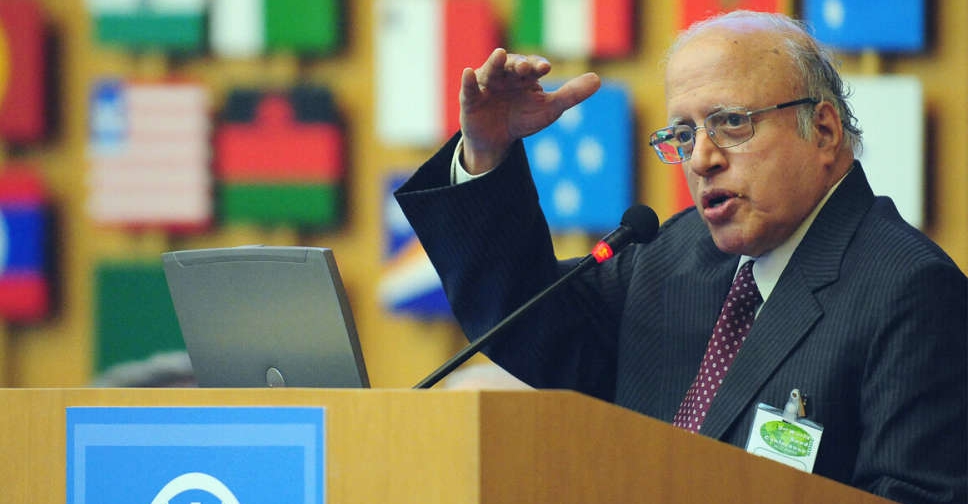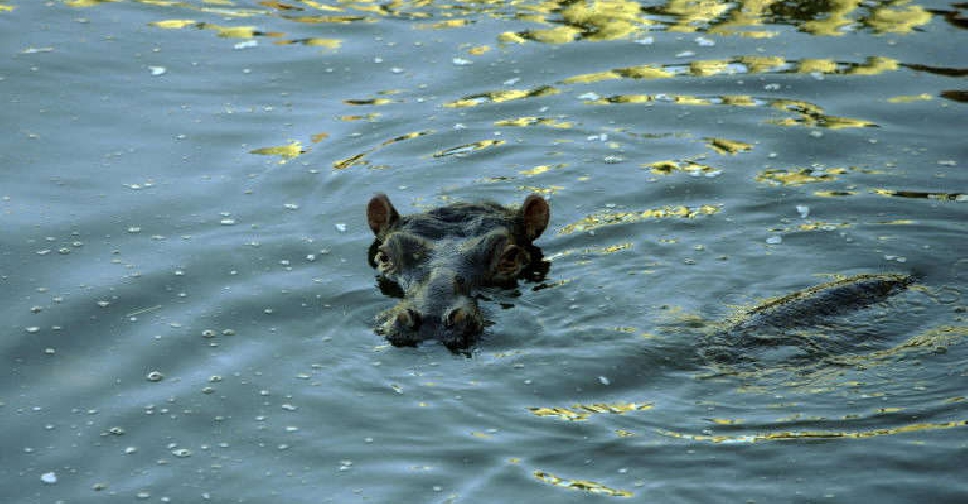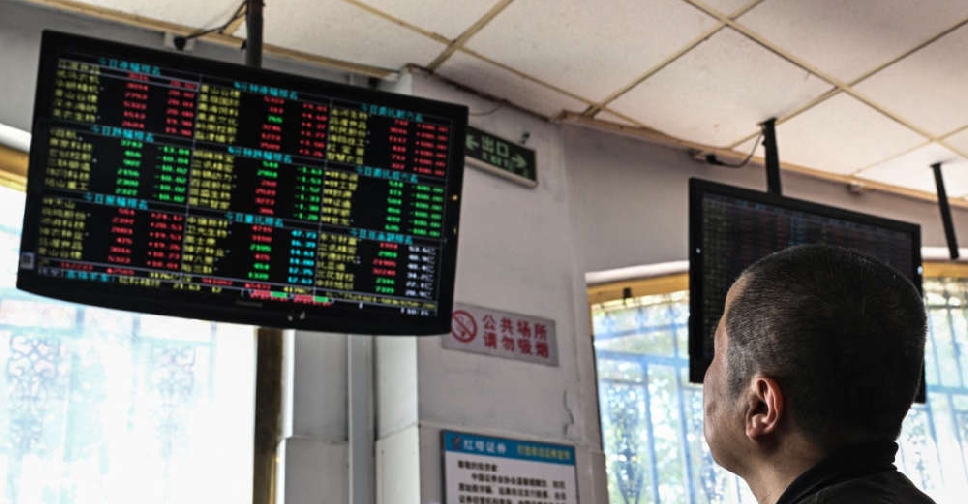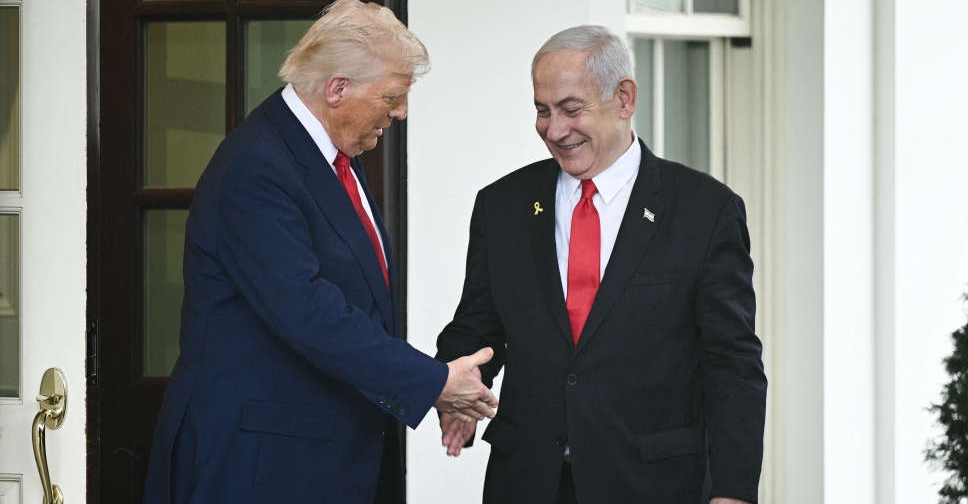
Indian agricultural scientist M.S. Swaminathan, who ushered a "Green Revolution" nearly six decades ago that helped end famine and transformed the country as a top producer of wheat, died on Thursday aged 98.
Swaminathan died at his home in the southern city of Chennai following age-related illness, local media reported.
He revolutionised farming in the 1960s when China was engulfed in a deadly famine and India barely got by on hand-to-mouth imports.
Back then, Swaminathan was a young scientist who turned down plum positions in academia and the government to work in agricultural research. He helped to cross-breed wheat seeds that allowed India to more than treble its annual crop in just 15 years.
"His end came very peacefully this morning... Till the end, he was committed to the farmers' welfare and to the upliftment of the poorest in society," his daughter Soumya Swaminathan, former chief scientist at the World Health Organization, told ANI news agency.
President Droupadi Murmu and Prime Minister Narendra Modi joined lawmakers, scientists and people from across the country in expressing condolences.
Swaminathan won many awards for his work in agriculture, including the first World Food Prize in 1987 and the Padma Vibhushan, India's second highest civilian award, in 1989.
Back in 2008, when Swaminathan was 82, he told Reuters in an interview that conservation farming and green technology were crucial for a sustainable "Evergreen Revolution" of the 21st century that could push India to become an even bigger supplier of food to the world.
The push for a new revolution came as hybrid seeds that helped India in the 1960s made farmers overlook the potential ecological damage of heavy fertiliser use, drop in water tables due to heavier irrigation and the impact of repeated crop cycles on soil quality.
"The Green Revolution created a sense of euphoria that we have solved our production problem. Now we have a plateau in production and productivity. We have a problem of under investment in rural infrastructure," he said afterwards.
Swaminathan is survived by three daughters.
"He leaves behind a rich legacy of Indian agriculture science which may serve as a guiding light to steer the world towards a safer and hunger-free future for humanity," President Murmu said in a social media post.




 Anthrax kills 50 hippos in Congo's Virunga National Park
Anthrax kills 50 hippos in Congo's Virunga National Park
 Russia's Medvedev says more countries will acquire nuclear weapons
Russia's Medvedev says more countries will acquire nuclear weapons
 China vows to 'fight to the end' as US tariff war rages
China vows to 'fight to the end' as US tariff war rages
 Trump claims end of Gaza war isn't 'too distant' after talks with Netanyahu
Trump claims end of Gaza war isn't 'too distant' after talks with Netanyahu



